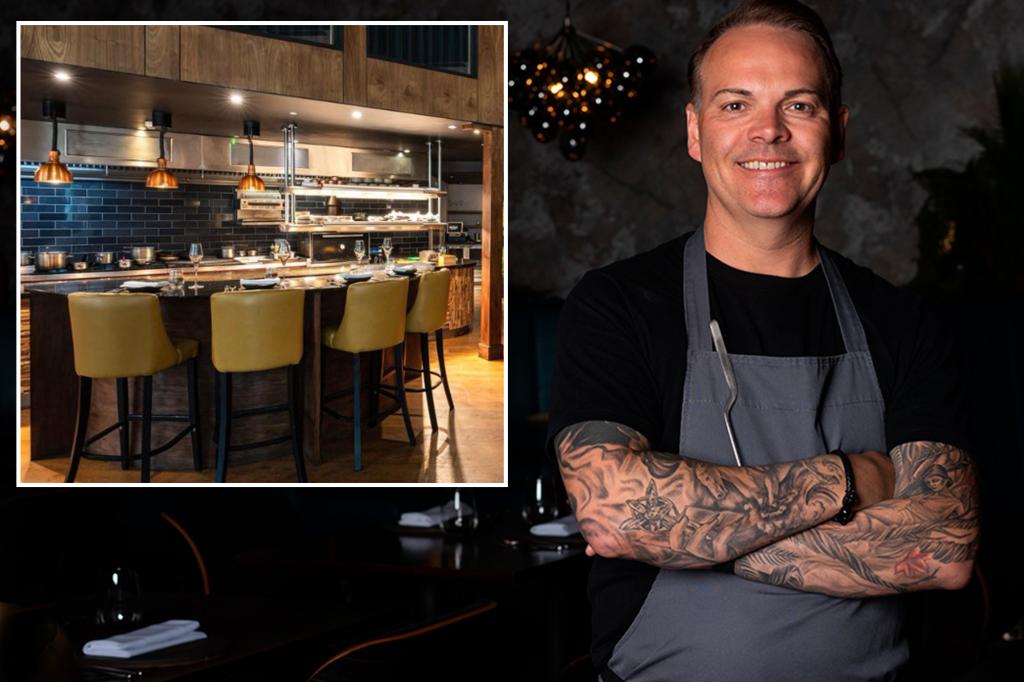Celebrity chef Simon Wood publicly shamed a group of diners who failed to show up for their reserved table at his fine-dining restaurant, WOOD, in Manchester, England. He posted a picture of the empty table on social media and expressed his disappointment at the lack of courtesy shown by the no-show patrons. The incident sparked a heated debate online, with some criticizing the diners for their behavior and others suggesting that Wood should implement a no-show fee to prevent similar incidents in the future.
Fellow chefs and commenters on social media joined Wood in condemning the no-show diners, calling their actions disrespectful and harmful to the restaurant industry. Some suggested that a change in the business model, such as requiring deposits for reservations or selling table bookings in advance, could help prevent no-shows and mitigate the financial impact on restaurants. Larry Yu, a hospitality management professor, emphasized the importance of clear communication of cancellation policies to customers to avoid misunderstandings and improve reservation management.
Despite suggestions to implement a no-show fee, Wood argued that the loss of revenue from empty tables cannot be offset by such measures. He criticized the entitled attitude of some customers who believe they can disregard restaurant reservations without consequences. The incident highlighted the challenges that restaurants face in dealing with no-shows and the need for a more proactive approach to reservation management. The debate around this issue reflects broader concerns within the hospitality industry about customer behavior and its impact on businesses.
The incident involving Simon Wood and the no-show diners is part of a larger trend in the restaurant industry, where reservations are frequently disregarded by customers. Some have called for stricter policies and penalties to deter no-shows and protect the financial interests of restaurants. The debate has raised questions about customer responsibility and the ethical implications of failing to honor reservations. As restaurants navigate the challenges of the post-pandemic recovery, issues related to reservation management and customer behavior will continue to be a focus of concern.
In conclusion, the incident involving Simon Wood and the no-show diners has sparked a debate about customer behavior and reservation management in the restaurant industry. Wood’s public shaming of the diners has brought attention to the challenges that restaurants face in dealing with no-shows and the financial impact of empty tables. The incident has prompted discussions about potential solutions, such as implementing no-show fees or stricter reservation policies, to address the issue. As the hospitality industry continues to grapple with the effects of the pandemic and changing consumer behavior, finding effective strategies to prevent no-shows and protect restaurant revenue will be a top priority for businesses.















